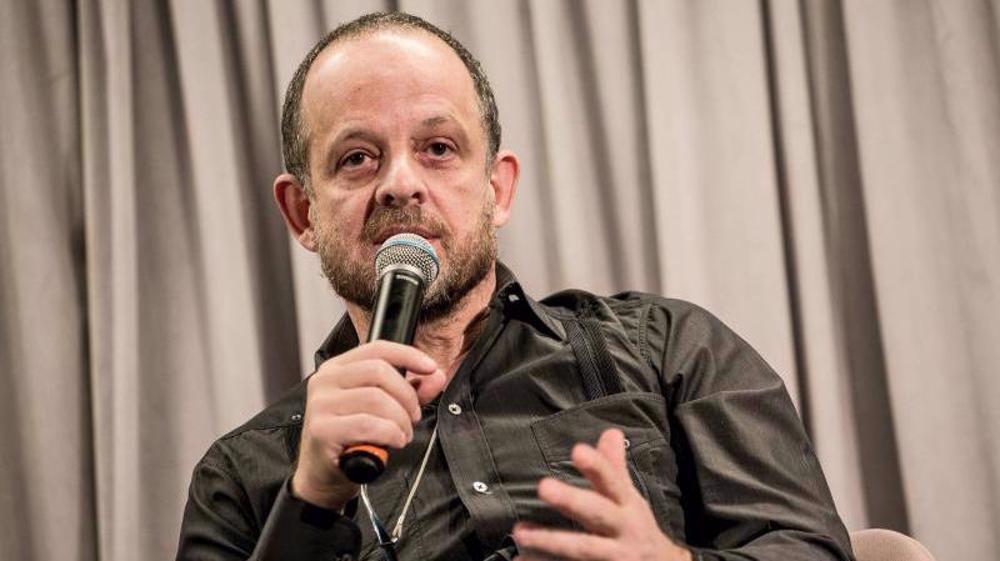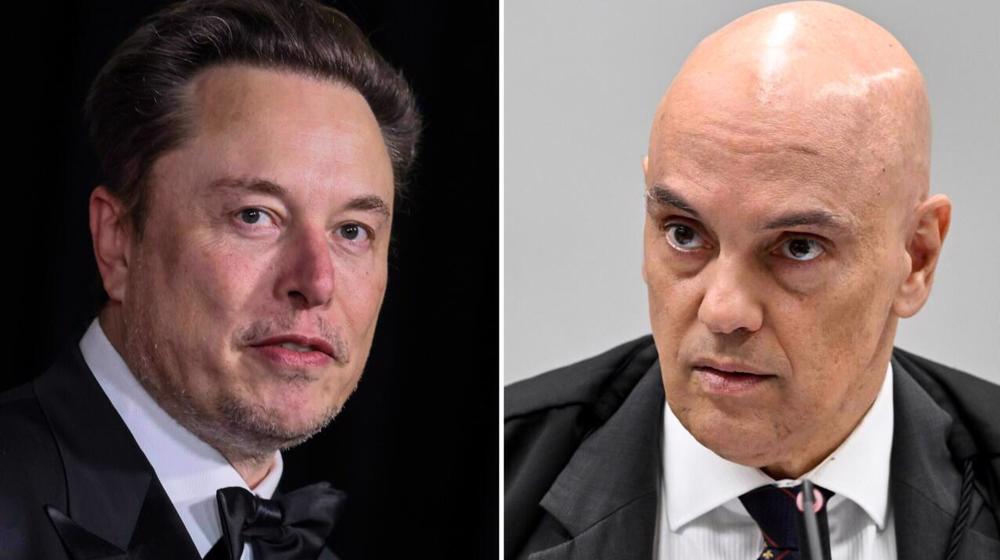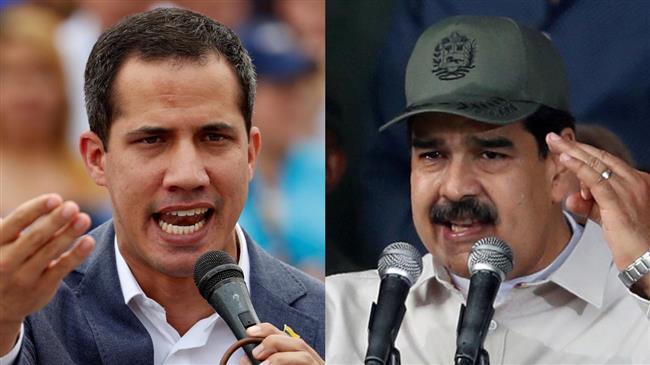Brazil withdraws diplomatic invite to Venezuelan opposition envoy
The Brazilian government has withdrawn an invitation to the envoy for Venezuelan opposition leader Juan Guaido to present her diplomatic credentials, in what is construed as Brasilia’s retreat from openly supporting the ouster of the neighboring country's democratically-elected government following a US-backed coup attempt.
Guaido's envoy, Maria Teresa Belandria, said on Friday that she had been invited to present her credentials at the Brazilian presidential palace along with ambassadors from other countries next Tuesday but then the government in Brasilia changed its mind.
"I was uninvited," Belandria told Reuters, claiming that, "There will be another opportunity. Brazil's support continues to be strong, solid and decisive. It's merely a protocol matter."
Brazil’s presidential spokesman General Otavio Rego Barros said the government in Brasilia would decide later whether to accept Belandria’s credentials, stressing that, "Reception or not of the letters of accreditation will be assessed at a more convenient moment.”
Brazilian media and political analysts said the government of President Jair Bolsonaro had canceled the envoy’s invitation because Brazil’s ex-military aides sought to pursue dialogue with Venezuela's legitimate president, Nicolas Maduro, who also has an official representative in Brasilia.
"They realize Brazil has to deal with the reality that Maduro is not going anywhere right now and, even if he leaves, Guaido will not be president and a general will likely take his place," said Oliver Stuenkel, a professor of foreign relations at the Getulio Vargas Foundation in Sao Paulo.
The Brazilian government has not revoked the credentials of Maduro’s envoy in Brasilia despite tensions with the northern neighbor.
Under the pressure of US President Donald Trump's administration, Bolsonaro, like many heads of states in the Latin American region, has been sharply critical of and taken a hard line against the government in Caracas.
Bolsonaro, who is known as “Trump of the tropics,” met his American counterpart in Washington in March, when Trump reiterated that he kept "all options" on the table to topple the socialist government of Maduro, including military action.
The Brazilian president admitted in mid-April that he was working with the Trump administration to bring down Maduro and his government.
Venezuela has been shaken by political unrest in the past several months. In January, tensions worsened after opposition figure Guaido, who was also president of the defunct National Assembly, unilaterally declared himself “interim president” of Venezuela.
The United States quickly accepted the self-proclamation and has since been working with Guaido.
On April 30, a small group of armed troops accompanying Guaido clashed with soldiers at an anti-government rally in Caracas in an attempted coup that soon petered out.
The Trump administration backed the botched putsch. However, Maduro, who has called Guaido a puppet of Washington, announced in a televised speech later in the day that the coup had been defeated and 25 renegade soldiers had sought refuge at the Brazilian Embassy in Caracas.
Besides open threats of war, Washington has also imposed economic sanctions on the oil-rich country. Earlier this year, it confiscated Venezuela’s state oil assets based in the US to channel them to Guaido. Maduro says Washington is seeking to channel the assets to Guaido.
Caracas has also accused Washington of waging an economic war, which has led to hyperinflation and widespread shortages of food and medicine in Venezuela.
Israeli forces kill 7 more Palestinians in West Bank
VIDEO | US presidential election
Netanyahu fires military affairs minister Gallant
Hezbollah attacks turn Israel’s Haifa into a ghost town
Iran’s FM meets Pakistani PM, discusses bilateral ties, Israeli atrocities
Iran ramps up gasoline output amid rising demand
UK foreign secretary under pressure over denial of genocide in Gaza
VIDEO | Press TV's news headlines

















 This makes it easy to access the Press TV website
This makes it easy to access the Press TV website